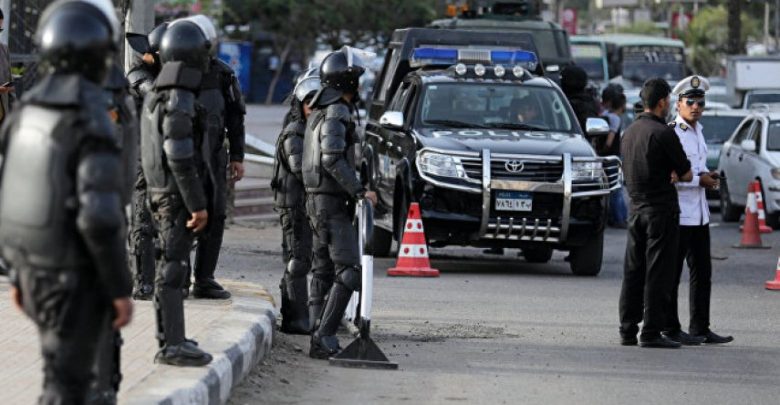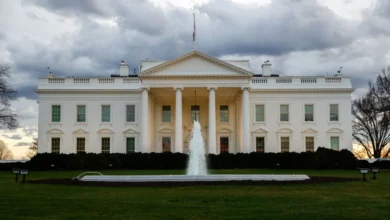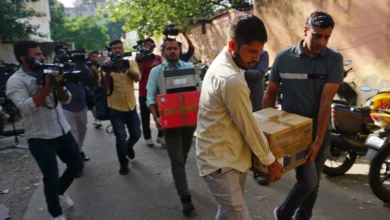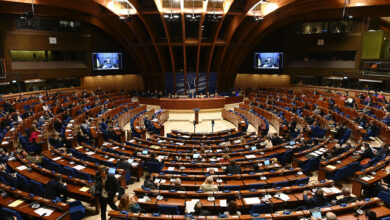
The Egyptian House of Representatives on Monday approved the extension of the state of emergency across Egypt for three more months starting July 24 at 1:00 am.
House of Representatives’ Speaker Hanafi Jabali said: “The majority required for approval was available, which is two-thirds of the parliament’s members. Therefore, I announce the parliament’s approval of the President’s decision to extend the emergency for three months.”
President Abdel Fattah al-Sisi’s decision came in light of alleged dangerous security and health conditions that the country is going through, as well as from opinions of the Council of Ministers.
The decision stipulated in its second article that the armed forces and the police may take all necessary measures to confront terrorism and its financing, protect public and private property, and preserve the lives of citizens.
The Prime Minister is also delegated the powers of the President of the Republic stipulated in the Emergency Law, according to the the decision’s second article.
This is the sixteenth time the state of emergency has been renewed since it was first declared on April 10, 2017 after the bombing of two Coptic churches in Tanta and Alexandria left approximately 45 people dead.
Under emergency law, the Egyptian armed forces and police can take any necessary measures to confront terrorism and its financing, maintain security throughout the country, and protect public and private properties.
The Egyptian government has previously stated that it is committed to the use of exceptional measures only when such measures maintain a balance between the protection of public freedoms and the necessities of national security.
According to Egypt’s emergency law the president can restrict freedom of assembly, movement, and residency in the country.
The powers of law enforcement are also greatly broadened, and citizens can be arrested detained for extended periods of time if they are deemed a threat to national security.
Censorship is legalized under a state of emergency, and the government can, in the name of security, shut down media outlets.




